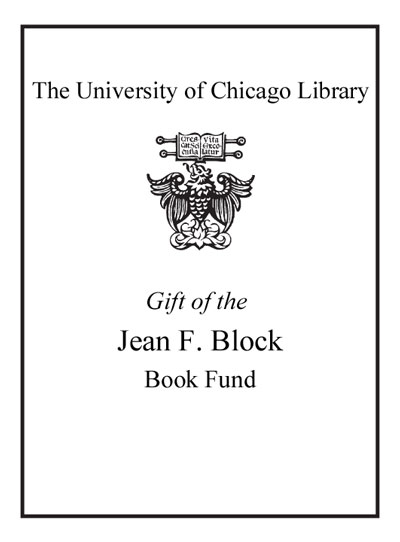Review by Choice Review
These essays explore the dynamics of nationalism, primarily in the constituent republics of the former USSR and the former federation of Yugoslavia since the collapse of both states. The analysis is highly insightful and wide-ranging. Brubaker (a UCLA sociologist who has written extensively on nationalism) draws extensive comparisons with instances of nationalism in similar contexts in the past, especially in the aftermath of WW I in east central Europe. He identifies various types of nationalism that manifested themselves in these situations, some adopted by newly formed states, some representing minority communities, others spawned by the separation of national communities from the state claiming to represent them after the war (or after the collapse of multiethnic empires). On a par with Liah Greenfeld's Nationalism (1992), Anthony D. Smith's National Identity (1991), and Yael Tamir's Liberal Nationalism (1993), the book's only drawback is its style, probably more attractive to academic audiences than the general public. Nevertheless, serious readers may learn a great deal from careful reading. Recommended for all libraries. F. Tachau University of Illinois at Chicago
Copyright American Library Association, used with permission.
Review by Choice Review

